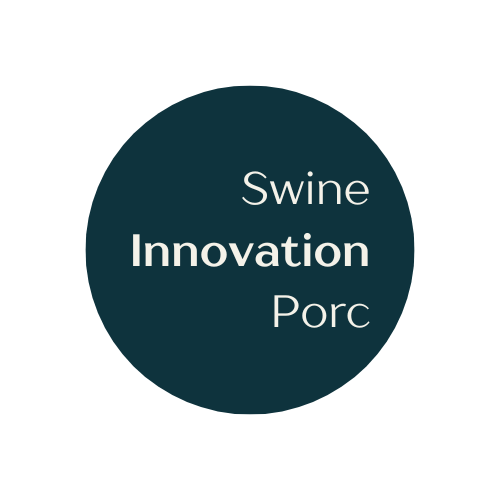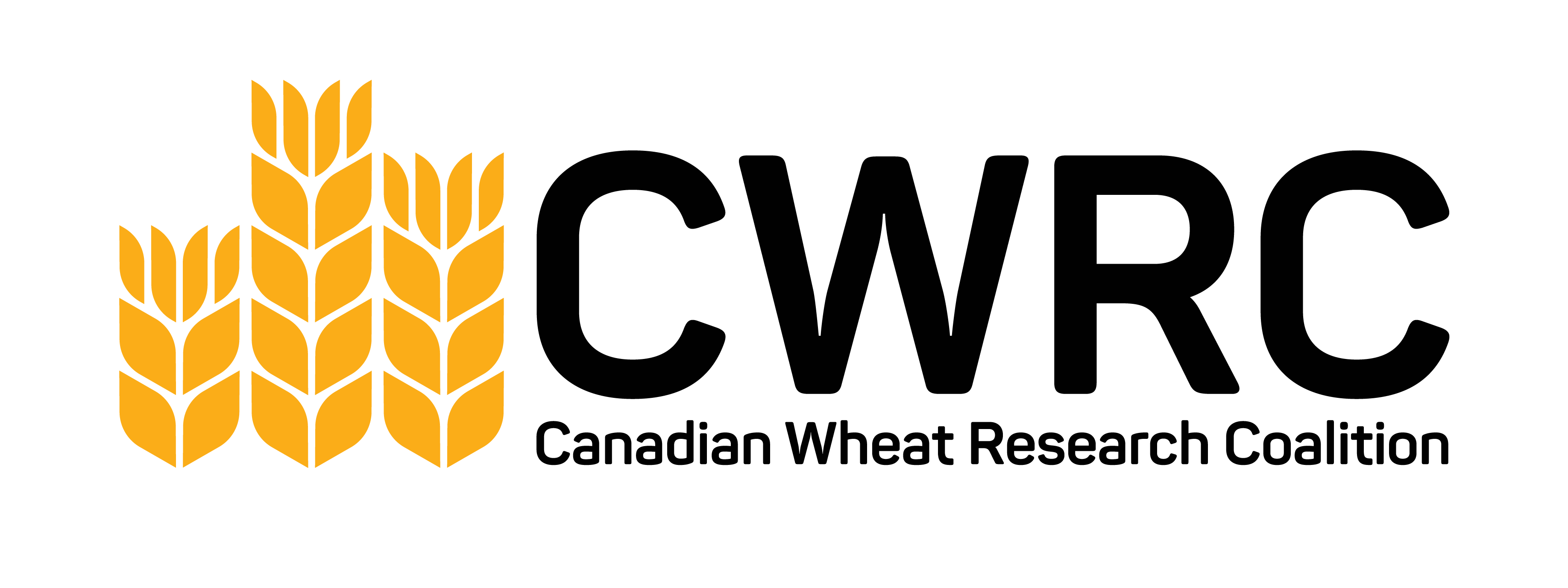Parliament Leaves Grain Farmers Behind by Passing Bill C-202

June 18, 2025 (Ottawa, ON) – Grain Growers of Canada (GGC) is disappointed in Parliament’s decision to pass Bill C-202 without the thorough review and scrutiny required by parliamentarians, without consideration of its impact on international trade, and without regard for Canada’s export-oriented grain sector.
The legislation, which amends the Department of Foreign Affairs, Trade and Development Act to prohibit the inclusion of supply-managed goods in future trade negotiations, poses serious risks to the livelihoods of Canada’s 70,000 grain farmers, who export more than 70% of what they grow.
“Despite the government’s stated commitment to growing Canada’s economy and expanding international trade, the first bill passed by the 45th Parliament restricts our trade negotiators’ ability to secure the best possible deals for Canadians,” said Kyle Larkin, Executive Director of GGC. “This legislation received unanimous consent from Members of Parliament without consulting with the Canadians it impacts the most, forcing the Senate to fast-track a flawed bill.”
Grain farmers, who rely on predictable, rules-based trade, export wheat, barley, canola, pulses, and other commodities to more than 160 countries, generating over $45 billion in export value each year. Bill C-202 now stands to undermine Canada’s ability to pursue and safeguard new and existing trade agreements that both support the sector’s export growth and the country’s long-term economic prosperity.
“With critical trade negotiations and renegotiations ahead, including with our largest trading partner, the United States, passing Bill C-202 sends the wrong message internationally,” added Larkin. “For grain farmers who rely on access to international markets, the result will be less ambitious trade agreements, fewer export opportunities, and slower economic growth at home.”
The Canada–United States–Mexico Agreement (CUSMA) is scheduled for review in 2026 and could lead to a full renegotiation. At the same time, the federal government is pursuing a free trade agreement with the Association of Southeast Asian Nations (ASEAN), a region that holds significant potential for expanding Canada’s agriculture and agri-food exports.
“Parliament chose to prioritize one group of farmers over another,” said Scott Hepworth, Acting Chair of GGC. “As a grain producer, I know firsthand how important international trade is to my family’s livelihood. Without reliable access to global markets, farmers like me are left behind. With Bill C-202 now passed, the government must refocus its efforts on helping grain farmers grow more food and expand our exports.”
To grow Canada’s economy and support grain farmers, GGC is calling on the government to seriously address issues impacting international trade. This includes critical infrastructure investments, especially at the Port of Vancouver, returning funding levels in public plant breeding research to pre-2013 levels, and bolstering the work of the Market Access Secretariat to address barriers to trade.
-30-
About Grain Growers of Canada (GGC):
As the national voice for Canada’s grain farmers, Grain Growers of Canada (GGC) represents over 70,000 producers through our 14 national, provincial and regional grower groups. Our members steward 110 million acres of land to grow food for Canadians and for 160 countries around the world, creating $45 billion in export value annually. As the farmer-driven association for the grains sector, GGC champions federal policies that support the competitiveness and profitability of grain growers across Canada.
Media Contact:
Hana Sabah
Manager, Communications
Grain Growers of Canada
Email: hana@graingrowers.ca | 514-834-8841



